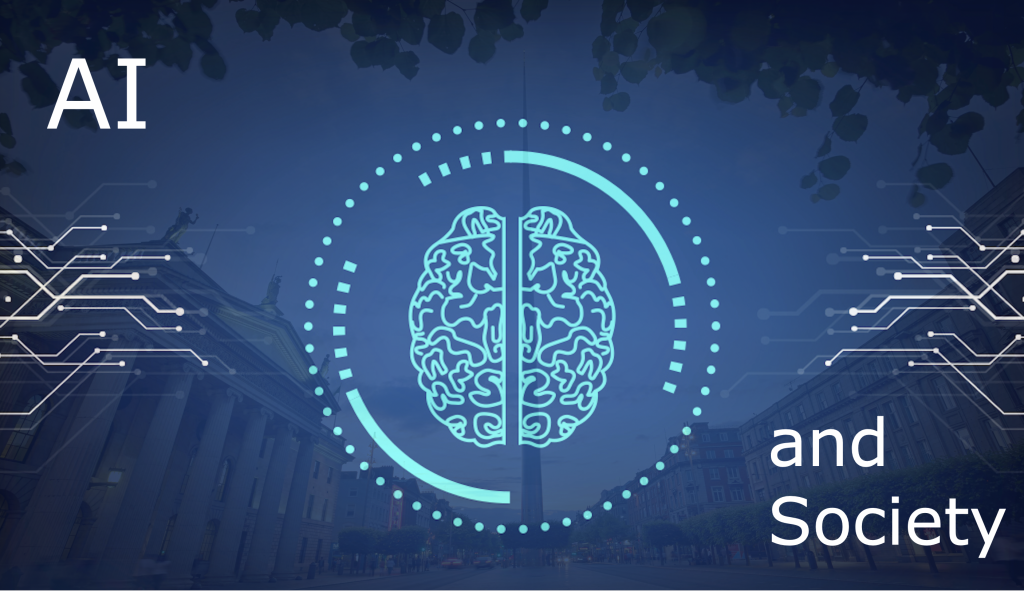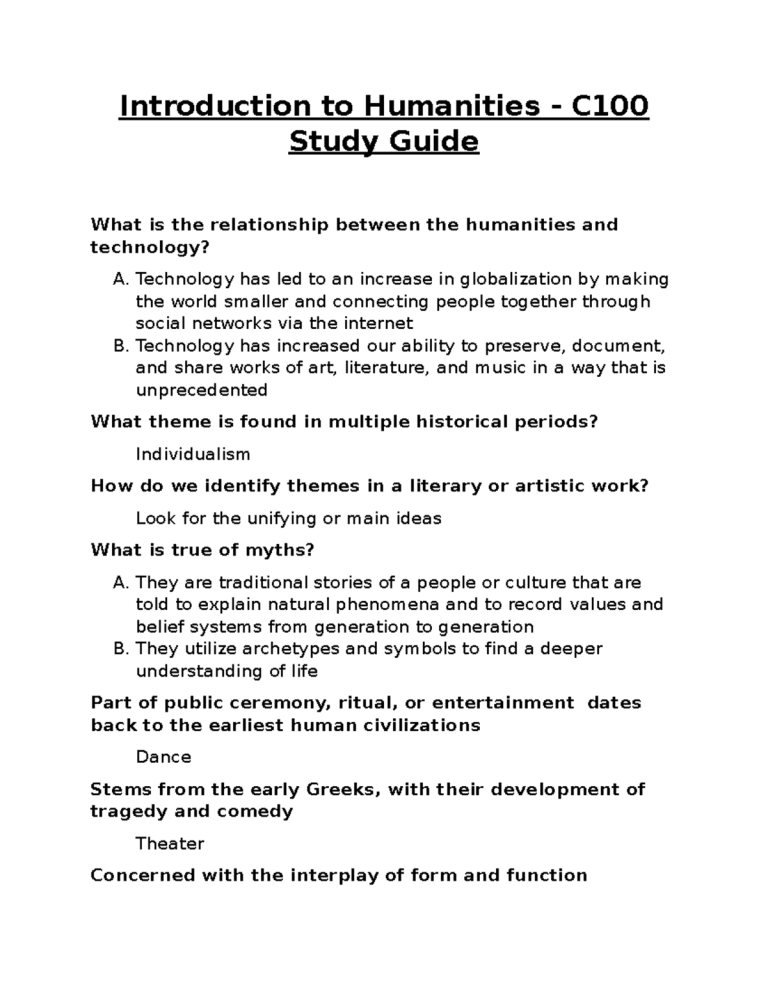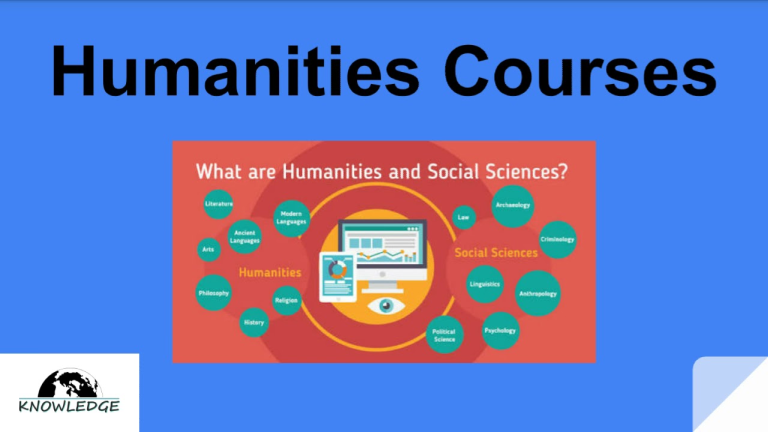AI and social justice are at a crucial intersection, challenging traditional paradigms and pushing for ethical reforms in technology. As Ruha Benjamin, a prominent sociologist, emphasizes, the future of technology should not be left solely to the designs of tech moguls often driven by self-interest. Rather, it is essential to integrate concepts of social justice into the development and deployment of AI systems to ensure they serve humanity equitably. With increasing concerns about AI ethics, the need for creative inquiry that transcends mere efficiency becomes paramount. By fostering inclusive dialogues about the implications of AI, society can envision a future where technology uplifts rather than oppresses marginalized communities.
Exploring the realms of artificial intelligence and equity reveals a landscape ripe for meaningful dialogue and transformation. Prominent voices like Ruha Benjamin call attention to the pressing need for a future where technological advancements align with notions of fairness and communal well-being. By examining the ethical dimensions of AI, it becomes essential to discuss how these innovations can be harnessed to combat systemic injustices instead of perpetuating them. The critical discourse surrounding this topic encourages a shift in focus, urging us to consider the broader societal impacts of technology while fostering imaginative solutions for a more just world. Ultimately, as we navigate this evolution, we are invited to rethink our approach and develop a vision that prioritizes humanity over algorithms.
The Role of AI in Shaping Social Justice
AI’s increasing integration into daily life presents a unique opportunity to address social justice issues, but it also harbors significant risks if not managed ethically. Ruha Benjamin, a leading voice in the conversation about AI and social justice, emphasizes the importance of critically examining how AI technologies impact marginalized communities. By highlighting examples such as biased facial recognition software, Benjamin argues that the same groups historically oppressed by societal systems are often the ones most negatively affected by these advanced technologies. It is essential for society to engage in a deeper inquiry into how these systems are developed and who they ultimately serve.
As we forge ahead into the future of technology, the need for ethical frameworks in AI development becomes increasingly apparent. Benjamin challenges the notion that AI is inherently neutral, highlighting that algorithms reflect the biases of their creators. By incorporating diverse perspectives and encouraging participation from a broader range of voices in the technological space, we stand a better chance of creating tools that enhance social equity rather than perpetuate inequality. Benjamin’s insights remind us that technology should be a tool for empowerment, not oppression, inspiring a shift in focus towards more equitable solutions.
Rethinking Technology: Beyond Efficiency and Progress
Ruha Benjamin warns against the dangerous allure of technology marketed as ‘efficient’ without adequately unpacking its societal implications. Many proponents of AI-driven innovations frame their ideas in terms of progress, yet fail to consider the collateral damage they may inflict on vulnerable populations. For example, while automated healthcare triage systems might streamline processes, they can inadvertently deny care to those who need it most. Such outcomes underscore the necessity for a critical evaluation of the technologies we embrace, ensuring that progress does not come at the expense of human dignity and rights.
Critically examining the drive for efficiency in technology mandates a comprehensive dialogue on the types of knowledge required for impactful societal change. As Benjamin suggests, reimagining technology means looking beyond metrics of efficiency to include the arts and humanities in our understanding of human value. Universities should prioritize creative inquiry, fostering environments where interdisciplinary collaboration can flourish. This holistic approach not only enriches technological innovation but also invites alternative visions of progress that are inclusive and equitable.
The Need for Creativity in the Future of AI
Benjamin calls upon us to cultivate creativity and imagination as essential components in our approach to artificial intelligence and societal improvement. In an era where technological advancements often overshadow the human experience, the necessity for creative thinking is more critical than ever. Benjamin suggests that instead of merely seeking to mitigate harm within existing systems, we should aspire to reimagine them entirely. This necessitates breaking down the mental barriers that limit our visions of what is possible, allowing us to envision futures that are truly just and humane.
By integrating imagination and experimentation into the development of AI, we can challenge traditional narratives that promote apocalyptic fears while neglecting the potential for inclusive thriving. Emphasizing the importance of creative inquiry, Benjamin advocates for an educational shift where arts and humanities reign equally with technical disciplines. Such an interdisciplinary approach equips future innovators with the necessary tools to address societal challenges holistically and empathetically, ultimately leading to advances in technology that align more closely with the principles of social justice.
Technological Elitism: A Barrier to Collective Good
Benjamin critiques the disconnect between technology creators and the broader society, highlighting that many individuals in tech often lack an understanding of the implications their innovations have on real-world issues. This technological elitism creates an environment where solutions are designed without input from the very communities they affect. By advocating for a diverse array of perspectives in technological discussions, we can challenge the narrow narratives that often dominate these conversations and work towards solutions that truly serve the public good.
To dismantle this barrier, it is imperative to engage various stakeholders, including those from underrepresented communities, in the co-designing of technology. The future of innovation lies not solely in the hands of billionaires and tech moguls but in the collective knowledge and experiences of all individuals. Benjamin’s insights underscore the significance of fostering inclusive spaces for dialogue, leading to the creation of technologies that reflect the needs and aspirations of a diverse society rather than perpetuating existing inequalities.
Envisioning a World Beyond Surveillance
Benjamin’s advocacy for a re-imagined world goes beyond mere resistance to oppressive technologies; it invites us to envision futures free from the scrutiny of surveillance and control. As societies increasingly adopt data-driven practices, it is essential to question what kind of future we aspire to create. By framing technological advancement in the context of ethical responsibility, we create opportunities to develop systems that prioritize citizen rights and well-being over profit and control.
Furthermore, envisioning a world where surveillance is obsolete involves critically assessing current practices and advocating for systems that empower individuals. This means promoting public goods like affordable housing and accessible public transport alongside advancements in technology. Benjamin encourages us to shift our focus from fearing the consequences of AI to proactively creating a society that values human connection and cooperation, ultimately leading to a future where technology serves as a bridge rather than a barrier.
AI Ethics: Creating a Framework for Responsible Innovation
The discourse around AI must include a rigorous framework for ethics that prioritizes human dignity above all else. Benjamin argues that as technology becomes more intertwined with the fabric of society, establishing ethical standards becomes paramount. The drive for innovation should be tempered with considerations of fairness, transparency, and inclusivity, ensuring that the deployment of AI does not disproportionately harm marginalized populations.
Implementing a robust ethical framework requires collaboration across various disciplines, from technologists and social scientists to ethicists and community advocates. By fostering dialogue between these diverse perspectives, we can create technologies that are not only groundbreaking but also aligned with the principles of social justice. Ultimately, Benjamin’s call for ethical scrutiny in AI development reflects a broader commitment to shaping a future where technology enhances the human experience rather than detracting from it.
The Imperative of Interdisciplinary Collaboration
Ruha Benjamin’s perspective highlights the need for interdisciplinary collaboration as crucial in addressing complex societal challenges through technology. The intersections of AI, social justice, and the arts offer fertile ground for innovative thinking and problem-solving. Collaboration across disciplines encourages fresh insights and comprehensive solutions, breaking down the silos that often inhibit progress.
Encouraging partnerships between technologists, artists, and social activists allows for a holistic understanding of the implications of technology in society. By facilitating dialogue among these diverse groups, we can grow a collective wisdom that considers historical context and social justice in shaping the future of technology. Benjamin’s insights showcase the potential of interdisciplinary approaches to reframe our understanding of innovation, ensuring that it serves the collective good.
Fostering Inclusivity in Technological Development
Constructing an inclusive technological future requires that we actively seek input from all segments of society, particularly those historically marginalized. Benjamin emphasizes that the voices of communities impacted by technological change should not only be heard but actively integrated into the development process. This participatory approach challenges the traditional top-down frameworks often seen in tech innovation.
Incorporating diverse voices into technological development results in solutions that are more reflective of societal complexities and needs. Open platforms and collaborative initiatives can empower communities to contribute to the narrative surrounding AI and technology. By fostering inclusivity, we can cultivate innovations that harmonize technological advancement with social equity, paving the way for a future that genuinely resonates with all members of society.
Critical Imagination: A New Paradigm for Change
Benjamin’s call for critical imagination is at the heart of rethinking our relationship with technology. By encouraging individuals to envision radical alternatives to our current systems, we reclaim agency in shaping our futures. This paradigm shift is not merely about questioning technology but rather about nurturing our capacity to imagine better worlds that prioritize justice, creativity, and empathy.
Fostering a culture of critical imagination can lead to profound changes in how we develop and engage with technology. Educational institutions, in particular, play a significant role in nurturing imaginative thought, helping future leaders envision creative solutions that transcend existing limitations. As Benjamin asserts, the true power of technology lies not in what it can do, but in how we choose to engage with it—envisioning a future where innovation aligns with the core values of social justice and human flourishing.
Frequently Asked Questions
How does AI impact social justice according to Ruha Benjamin?
Ruha Benjamin argues that AI technologies often perpetuate oppression rather than alleviate it, citing examples like facial recognition leading to false arrests and biased healthcare triage systems. She emphasizes that AI must be examined through the lens of social justice to ensure it does not reinforce historical inequalities.
What role does creativity play in the future of AI and social justice?
Benjamin advocates for creativity as essential in reimagining AI systems. She believes that universities should prioritize creative inquiry, fostering environments that encourage envisioning alternatives beyond current oppressive technologies. This approach can help develop AI solutions that better serve marginalized communities.
Why is it important to question the motivations of tech elites in AI ethics?
Benjamin warns against blindly trusting tech elites, who often frame their visions of AI as altruistic. She contends that these motivations are often self-serving, and calling for scrutiny ensures that the development of AI technologies aligns with the broader goals of social justice rather than corporate interests.
What are the dangers of viewing AI as morally neutral?
According to Benjamin, the perception of AI as morally neutral can be dangerous since it often results in decisions based solely on algorithms without considering the societal context. This can disproportionately affect marginalized groups, reinforcing the disparities that social justice seeks to eliminate.
How can we reimagine the future of technology in alignment with social justice?
Benjamin encourages a collective effort to envision a future where technology and social justice intersect. This includes dismantling mental barriers that limit imagination and prioritizing inclusive discussions that incorporate diverse forms of knowledge, ultimately striving for a future free from oppression.
What is Ruha Benjamin’s vision for a just technological future?
Benjamin urges for a future where technology serves the collective good, prioritizing public goods over elite interests, and envisions removing societal hierarchies through critical and creative methods. Her vision emphasizes equitable access to resources, reducing surveillance, and rethinking societal structures.
Why should academia prioritize arts and humanities in discussions about AI and social justice?
Benjamin emphasizes that incorporating arts and humanities in academia can foster critical thinking and creativity needed to address AI’s challenges. These disciplines provide valuable insights that help guide the ethical development of technologies while promoting social justice principles.
How does Ruha Benjamin address the narrative around AI and progress?
Benjamin critiques the narrative that portrays AI as inherently progressive, arguing that many AI applications merely mask existing inequalities. By reframing the conversation around what constitutes ‘progress,’ she encourages a deeper examination of technology’s role in either perpetuating or alleviating social injustices.
| Key Points | Details |
|---|---|
| Overview | Ruha Benjamin, a Princeton sociologist, discusses the intersection of AI and social justice. |
| Critique of Tech Elites | Benjamin argues that tech billionaires are not trustworthy when it comes to addressing human suffering. |
| AI’s Impact on Society | AI technologies often perpetuate oppression rather than provide solutions, such as in healthcare and law enforcement. |
| Moral Implications | AI is presented as a neutral choice, but decisions based on algorithms can harm marginalized groups. |
| Creative Inquiry | Benjamin emphasizes the need for creativity and a blend of technical and social knowledge in tech development. |
| Rethinking Innovation | She calls for reimagining societal systems instead of just improving current harmful technologies. |
Summary
AI and social justice must be at the forefront of discussions about the future. Ruha Benjamin emphasizes that the growing influence of AI should not lead us to a dystopian society, driven by the self-interests of tech billionaires. Instead, we need to critically engage with and rethink how AI operates within our society, ensuring that marginalized voices are included in shaping its trajectory. By innovating creatively and incorporating insights from the arts and humanities, we can work towards a more equitable future where technology serves all of humanity rather than perpetuating oppression.




